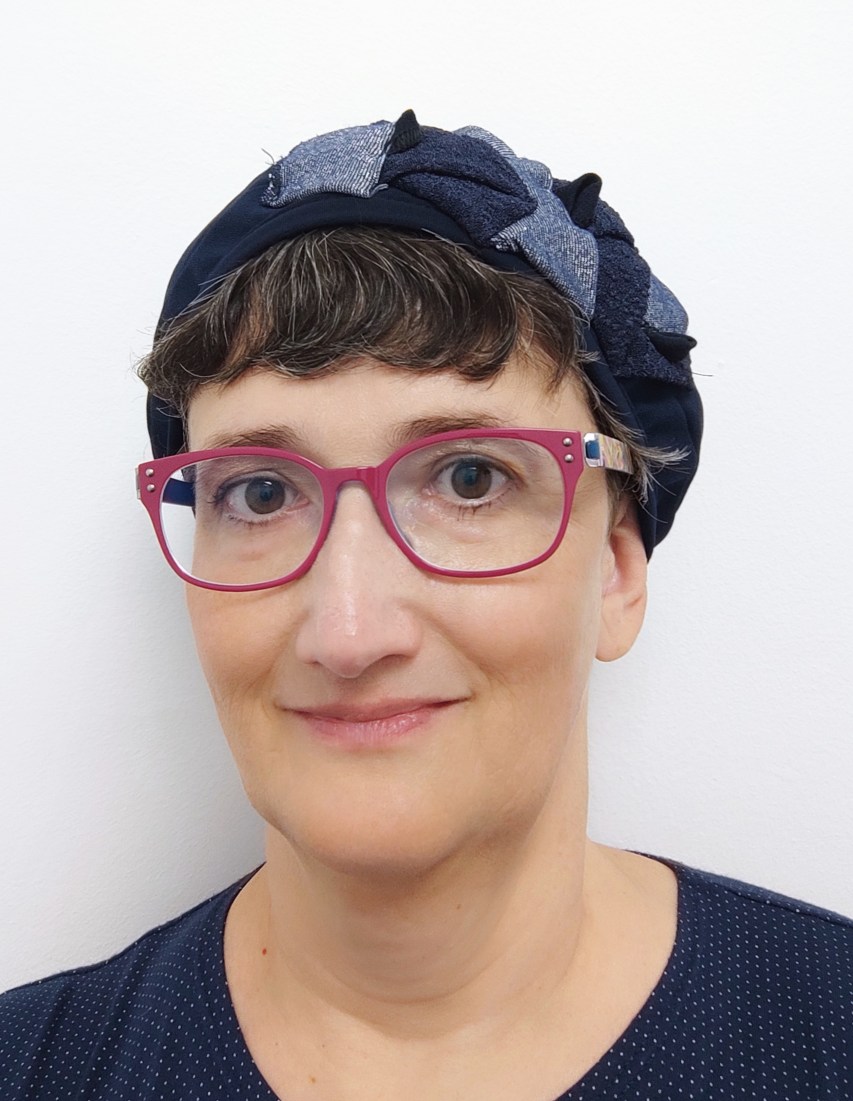EVENT AGENDA
Event times below are displayed in PT.
Video @Scale 2023 is a technical conference designed for engineers that develop or manage large-scale video systems serving millions of people. The development of large-scale video systems includes complex, unprecedented engineering challenges. The @Scale community focuses on bringing forward people's experiences in the creation of innovative solutions.
Register today and check back for upcoming speaker and agenda announcements!

Video @Scale will be hosted virtually over two days, November 29-30, 2023. Joining us are speakers from Beamr, Eluvio, Google, Heygen, Ittiam, Meta, and StreamShark. The event will feature talks themed around managing media processing in real-time, personalized and intelligent content creation and innovation being driven by scale challenges at server and clients.
Event times below are displayed in PT.
What happens at the stroke of midnight on December 31st? Other than the fireworks 🙂 In this talk, we’ll dive into the Lamba service that powers Videos@ Meta and we’ll see whats really happening behind the scenes on New Years Eve. We’ll explore the system design, and we’ll explore our test principles, for an end-to-end look at the biggest day of the year.

This talk covers the growth and evolution of Meta’s video backend infrastructure that supports VOD processing and delivery. Over the past few years, we rearchitected our backend to transition from app-specific vertical stacks to horizontal layers shared across Meta’s apps such as Instagram, Facebook, Messenger and Oculus. This defragmentation of our stack has significantly improved our resource usage efficiency and engineering velocity.


Working with video data in a large scale, distributed environment presents many challenges in storage, efficiency, and usability. This talk unveils a general purpose tool to build complex video processing applications: virtual video files. Virtual video files save storage space, and simplify complex operations like Distributed Encoding, Live to VOD conversion, and more. Furthermore, we discuss how Meta integrates it's own network file stores and abstractions with ffmpeg - strategies to optimize for ease of use and efficient data access.






This talk covers how we measure visual quality at Meta and then how we use these metrics to make smarter trade-offs in our player when optimizing for the users' quality of experience. Quality metrics are used to decide the best ceiling to use when playing videos on cellular networks. Quality metrics are also leveraged when making tradeoffs between visual quality and risk of in play stalls in our adaptive streaming algorithms.

Understanding the media capabilities of the end-user devices can help service providers gain valuable insights on playback experience. These insights can be used to craft the content delivery workflows to optimize the right encoding recipes available for these devices. Especially in the case of user generated content which can have a multitude of ingress formats and several hundreds of end user device types, this presents a large scale data association challenge - choosing the right codec formats, resolutions, frame rates and bitrates that can deliver the best viewing experience. This presentation covers one such at-scale problem of finding the right operating points or video recipes to be delivered to the end users enabling rich experience.




RTMP was first introduced in 2002 with the launch of Macromedia's Flash Player 6. 20 years later, it is still among the most popular ingestion protocols for live-streaming, despite not being updated in over 10 years. Here, YouTube explains the background behind enhancing RTMP, bringing new capabilities to RTMP for the first time in a decade. They are excited to work with the community to help push the live-streaming ecosystem forward together to benefit creators.

At the beginning of 2023, Meta announced the shipping of the AV1 codec on real-time communication across the Meta Family of Apps. Since then, we have been improving AV1 call quality and increasing AV1 call coverage. In this talk, Yu-Chen will share what he and his colleagues have learned from their endeavors.






This session will discuss the benefits of the Content Fabric, an open and decentralized, streaming, content distribution, and storage network built for the third generation Internet. The Content Fabric is a global network of nodes running the Content Fabric Protocol, providing a complete media delivery pipeline replacing legacy media clouds and CDNs. The Fabric delivers live streams with deterministic end-to-end latencies under 3 seconds globally to standard streaming clients (DASH/HLS over HTTP), and provides a complete full-featured media stack to publish, store and deliver premium live streaming, PVOD, and FAST Channel streaming at scale, including personalization, access control, content protection and proof of engagement. Powered by the Content Fabric, the Media Wallet is a consumer application and embeddable API for discovering, streaming, owning, and enjoying content directly from its publishers. Examples of companies and creators whose content distribution have been powered by Eluvio include FOX Entertainment, Globo, MGM Studios, Microsoft, SONY Pictures, Telstra, Warner Bros. Home Entertainment, WWE, The Masked Singer, Dolly Parton, Black Eyed Peas, Rita Ora, independent filmmakers, and many others.

The talk covers how HeyGen built a real-time avatar system based on WebRTC and their gen AI video capabilities. The system can be used in use cases like interactive e-learning, virtual assistant, video conference, etc.






Shinjan is an Engineering Manager at Meta, and supports video processing infra. He has... read more

Michael Martinez is a Director at Meta, leading teams responsible for Video Infrastructure and... read more

Zainab has been at Meta for over 8 years where she thrives on building... read more
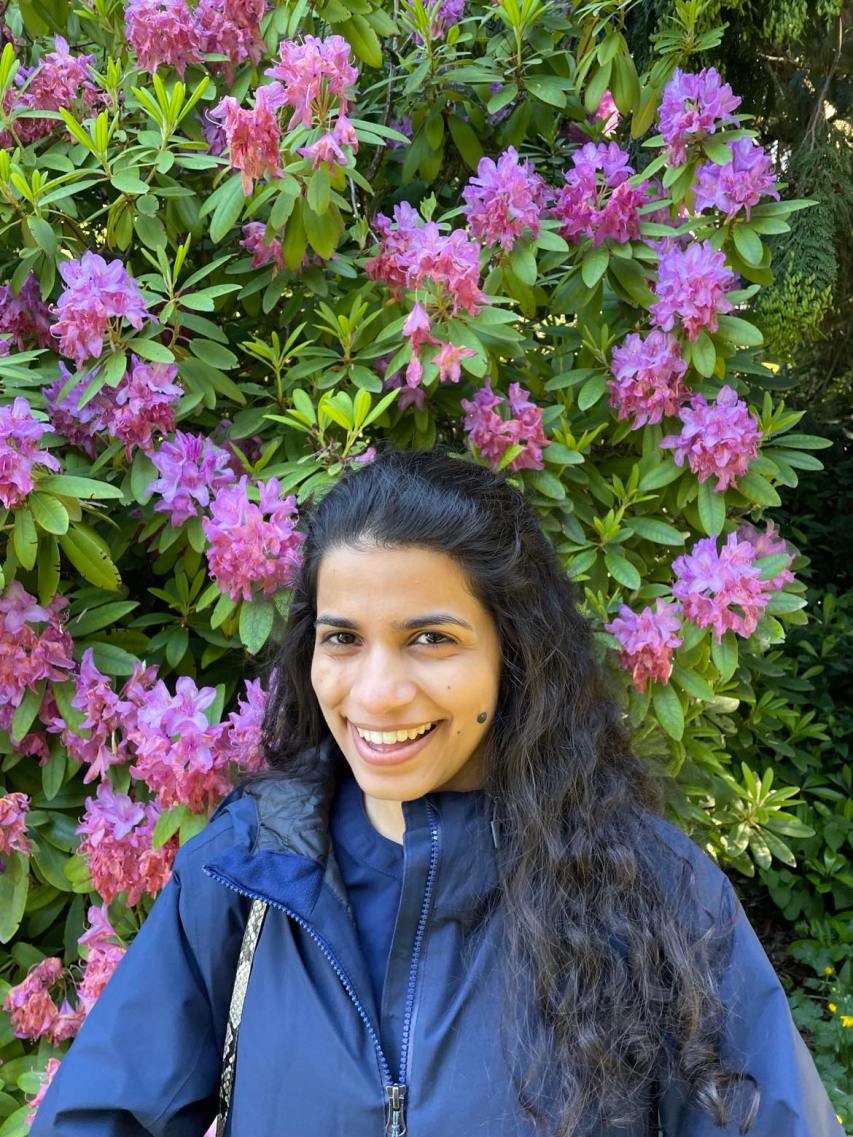
Jithin is a Software Engineer in the Video Infrastructure org within Meta. His focus... read more
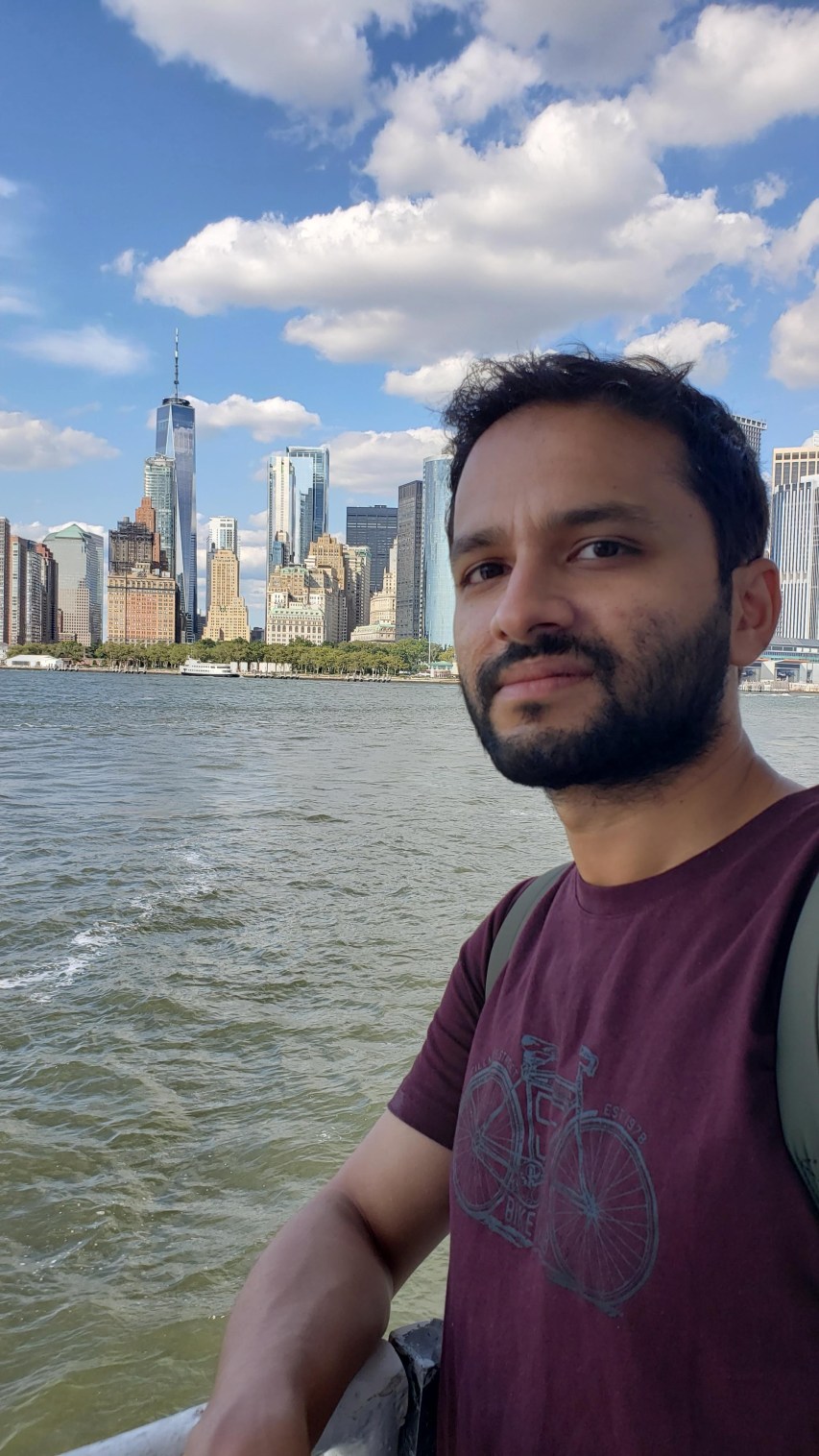
Mohanish is a software engineer with interest in building large scale backend systems with... read more

Mike is a long-term Meta employee and has helped build and scale Data and... read more
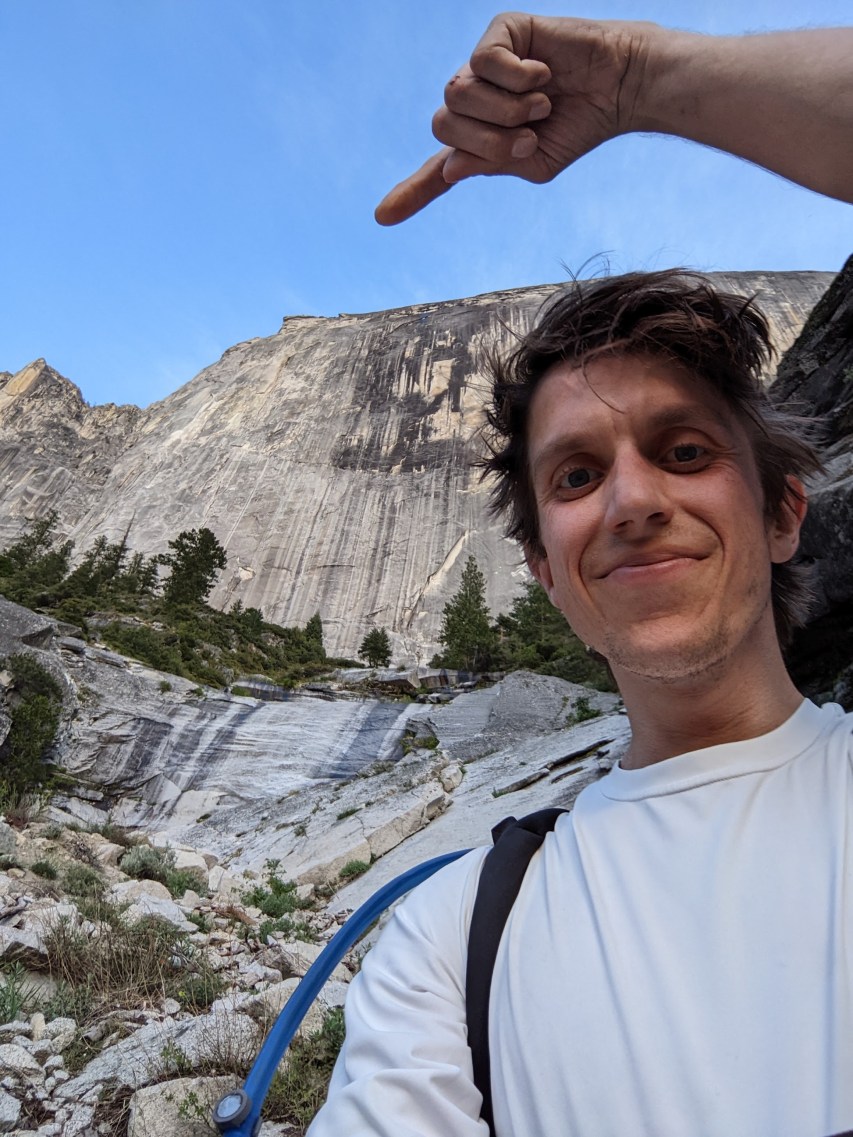
Tia is a software engineer in Video Infra at Meta. Her focus is on... read more

Denise is an engineer at Meta leading improvements in video playback quality of experience... read more

Murali is a Senior Director, heading the Advanced Video and Research unit at Ittiam... read more
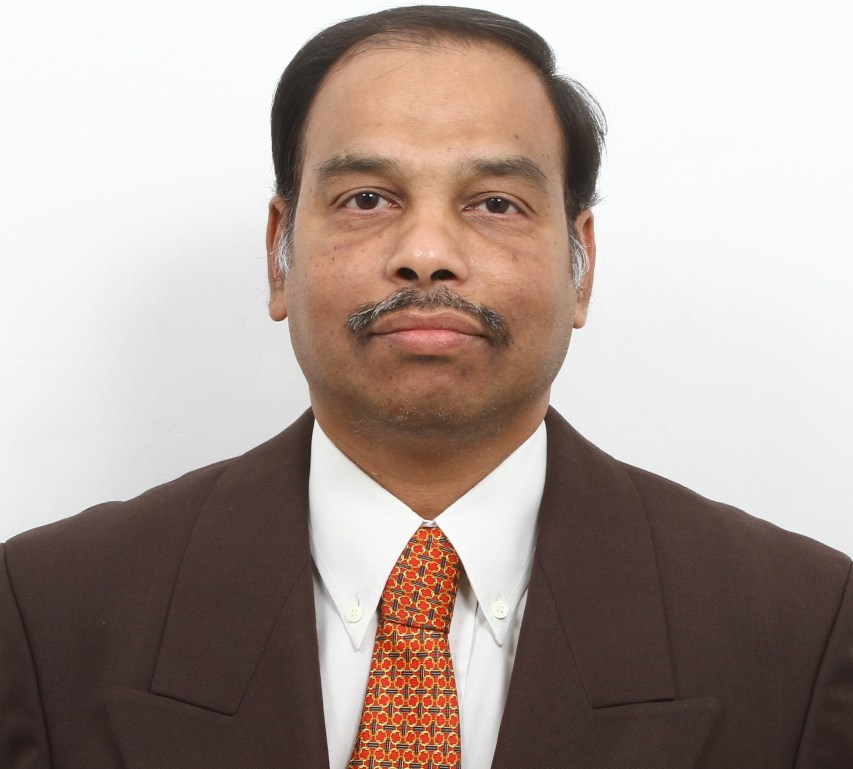
Nicole studied physics at Princeton University before transitioning to software. She has worked at... read more

Yu-Chen is a software engineer at Meta. He works on improving video calling quality... read more

Monika is a software engineer at. She is currently part of the video infra,... read more

Kirk Haller is a Senior Engineering Manager at Google, leading the YouTube Live Infrastructure... read more

Thomas DeWeese is a Staff Software Engineer at Google working on live streaming for... read more

Michelle Munson is the co-founder and CEO of Eluvio. Michelle is an Emmy-award winning... read more

Rui is the Head of Engineering of HeyGen. Previously, he was at Pinterest and... read more
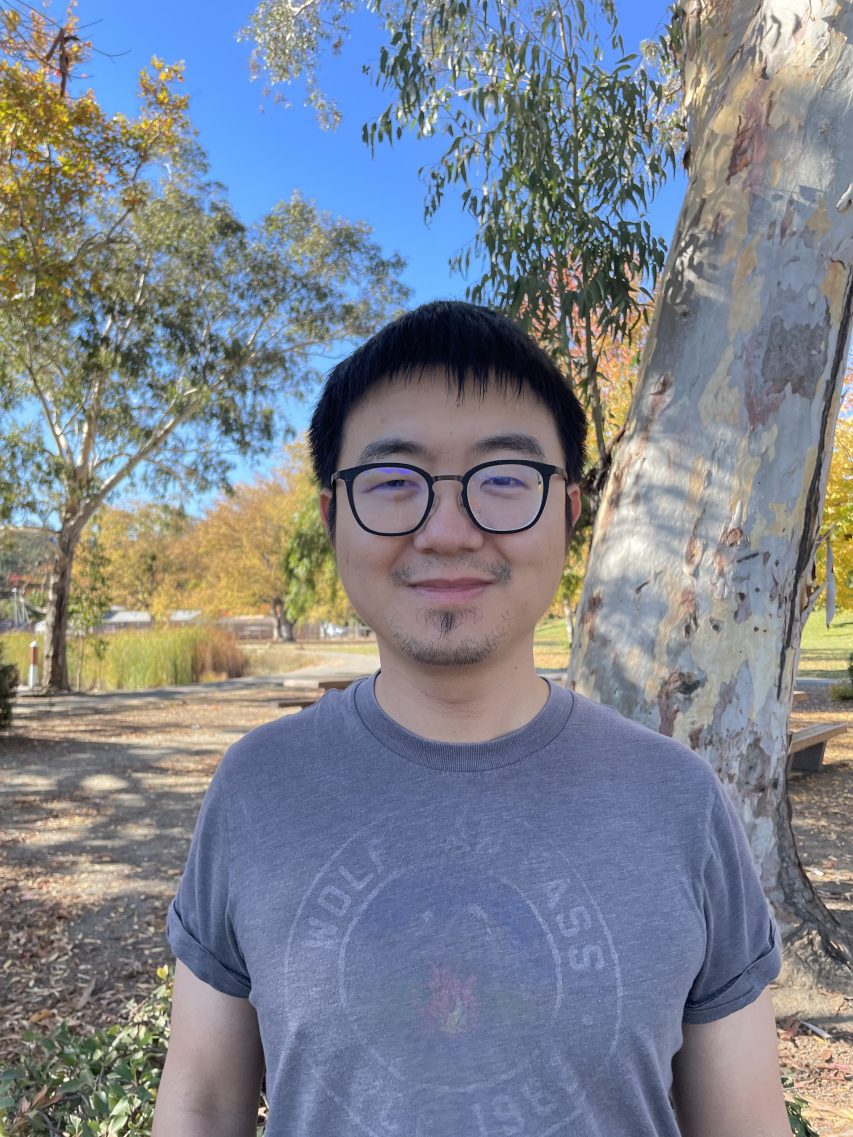
Engineering Manager at Meta, supporting teams in Video Infrastructure that support transcoding, server-side editing,... read more

James Broberg is the Founder and CEO of StreamShark - the trusted video platform... read more
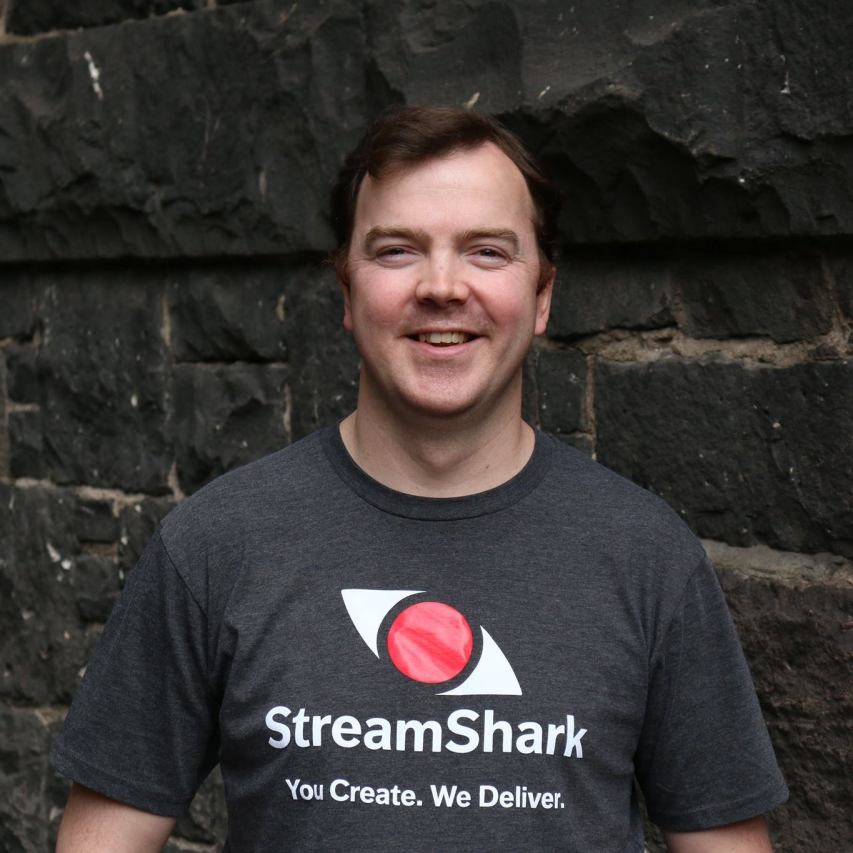
Haixia is a software engineer in the Instagram Media Platform team within Meta. His... read more

Roberto has been playing around in the video space since before he imagined he... read more

Tamar Shoham is an imaging and video scientist with 25 years experience in algorithm... read more
